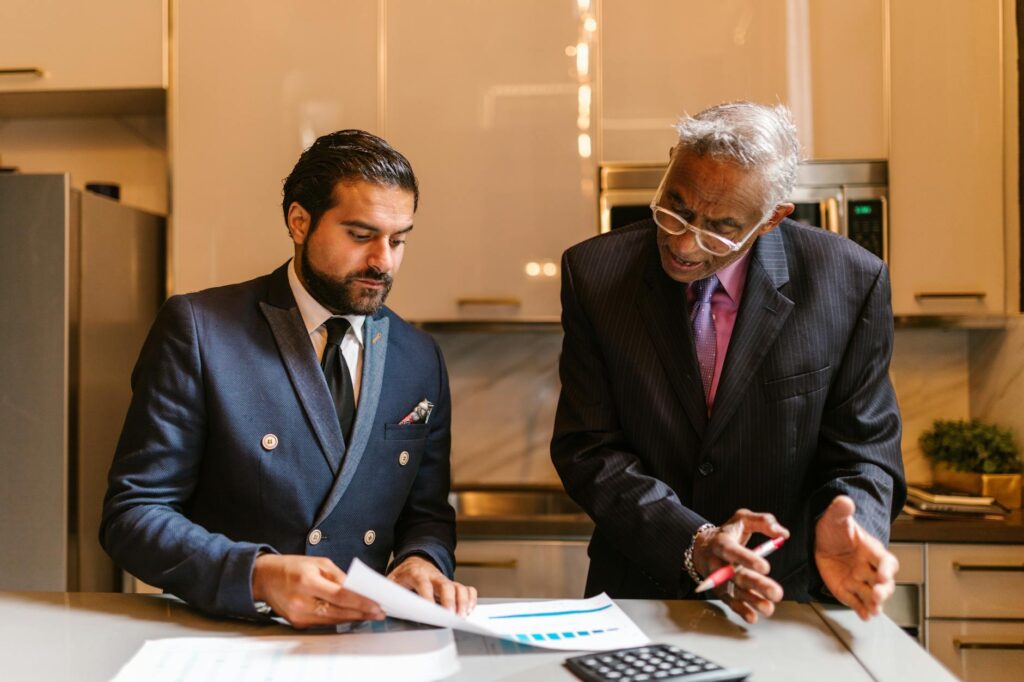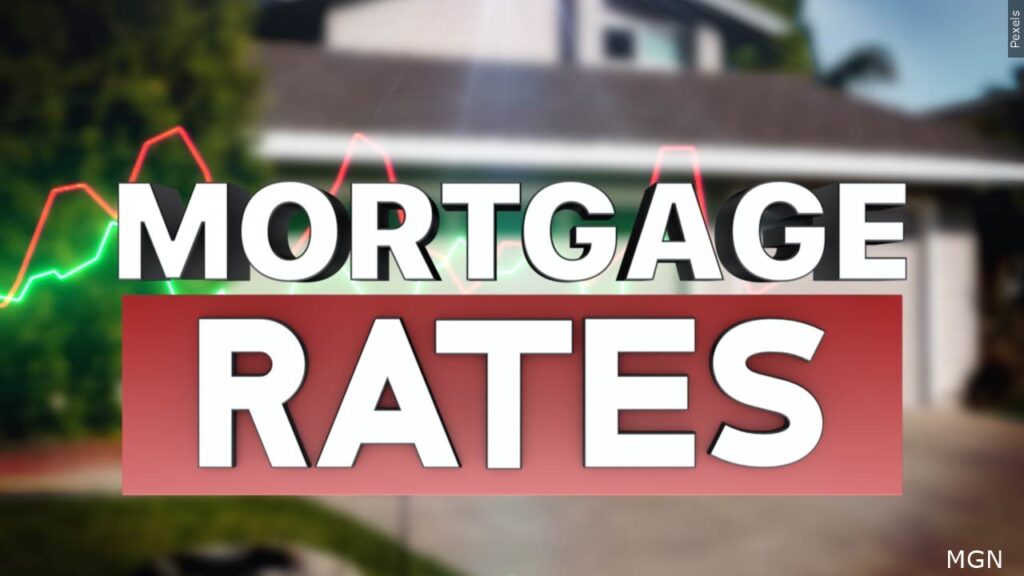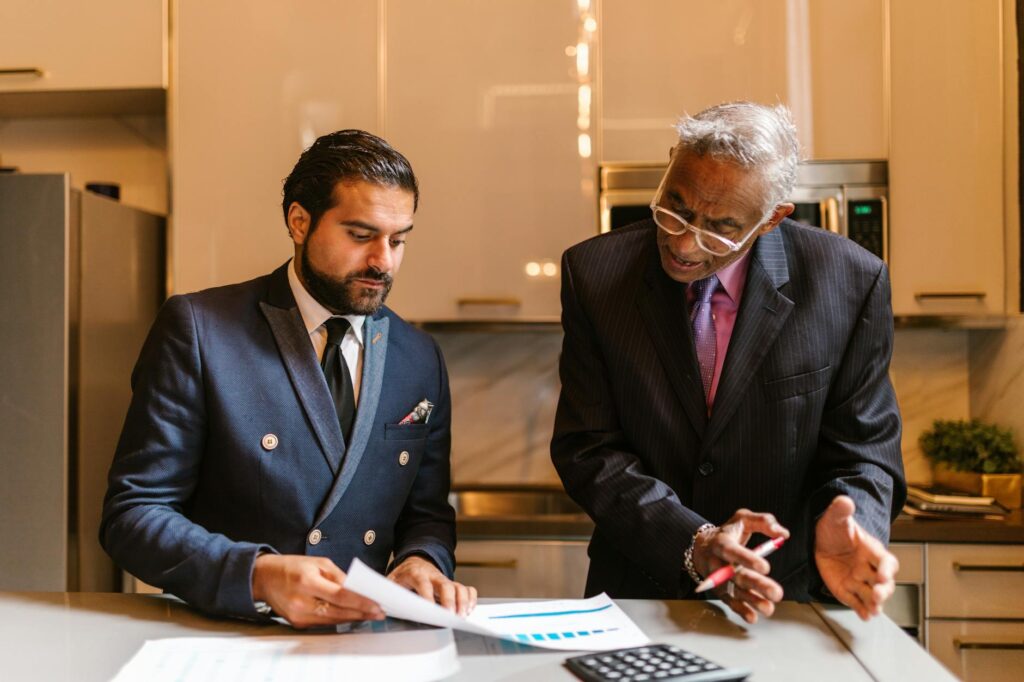Finding the right financial advisor can feel like searching for a needle in a haystack. You need someone trustworthy, knowledgeable, and dedicated to your specific financial goals. But with so many options available, how do you find an independent financial advisor near you who’s the perfect fit? This guide will help you navigate the process and find the financial expert you can rely on.
Understanding Independent Financial Advisors
Unlike advisors tied to specific financial institutions, independent advisors offer unbiased advice. They aren’t pressured to sell you particular products and can choose from a wider range of investment options based solely on your needs. This independence allows for a more personalized and objective approach to financial planning. 
Defining Your Financial Needs
Before you start your search, take some time for self-reflection. What are your short-term and long-term financial goals? Are you saving for retirement, a down payment on a house, or your child’s education? Understanding your needs helps you find an advisor with the relevant expertise. Consider using online financial planning tools like this one to get a clearer picture.
Where to Find Independent Advisors Near You
Several resources can help you locate qualified independent financial advisors in your area. You can start by searching online directories like the XY Planning Network or the National Association of Personal Financial Advisors. You can also ask for referrals from trusted sources like friends, family, or your accountant. Read client reviews to gauge the experiences of others.
Vetting Potential Advisors
Once you have a list of potential advisors, it’s crucial to thoroughly vet them. Check their credentials, ensuring they hold the necessary licenses and certifications. Look into their experience and areas of expertise. Don’t hesitate to schedule initial consultations to discuss your financial situation and gauge their compatibility with your goals. [IMAGE_2_HERE]
The Importance of a Strong Advisor-Client Relationship
A successful financial advisor-client relationship is built on trust and open communication. Your advisor should be approachable, responsive, and willing to explain complex financial concepts in simple terms. A good advisor will also be proactive, keeping you updated on market trends and adjusting your plan as needed. Remember, this is a long-term partnership; choose someone you feel comfortable with and can easily communicate your needs to.
Key Questions to Ask Potential Advisors
Prepare a list of questions beforehand. Ask about their fees, investment philosophy, and the services they offer. Inquire about their approach to risk management and how they handle conflicts of interest. Understanding their processes will give you valuable insights into their approach and help you make an informed decision. Learn more about fee structures.
Reviewing Fees and Contracts
Before committing to an advisor, carefully review their fee structure and contract. Understand how they are compensated and what services are included. Don’t be afraid to negotiate or seek clarification on anything you don’t understand. Transparency is key in any financial relationship. [IMAGE_3_HERE]
Making Your Choice
Choosing a financial advisor is a significant decision. By following these steps, you can increase your chances of finding an independent advisor near you who understands your goals and can help you achieve financial success. Remember to take your time, do your research, and choose someone you trust to guide you on your financial journey. Understanding fiduciary duty is also important.
Frequently Asked Questions
What is an independent financial advisor? An independent financial advisor is not tied to a specific company and can offer unbiased advice and access a wider range of financial products.
How much do independent financial advisors typically charge? Fees vary widely, but many charge by the hour, a percentage of assets under management, or a flat fee. This resource can help you better understand fee structures.
How often should I meet with my financial advisor? The frequency of meetings depends on your individual needs and goals, but many advisors recommend at least annual reviews.
What qualifications should I look for in a financial advisor? Look for advisors with relevant certifications, such as a CFP (Certified Financial Planner) or CFA (Chartered Financial Analyst), and a proven track record of success.
What if I am unhappy with my financial advisor? You have the right to terminate the relationship at any time. Be sure to understand the terms of your contract and communicate your concerns openly before making a final decision. Here’s more information about client rights.



